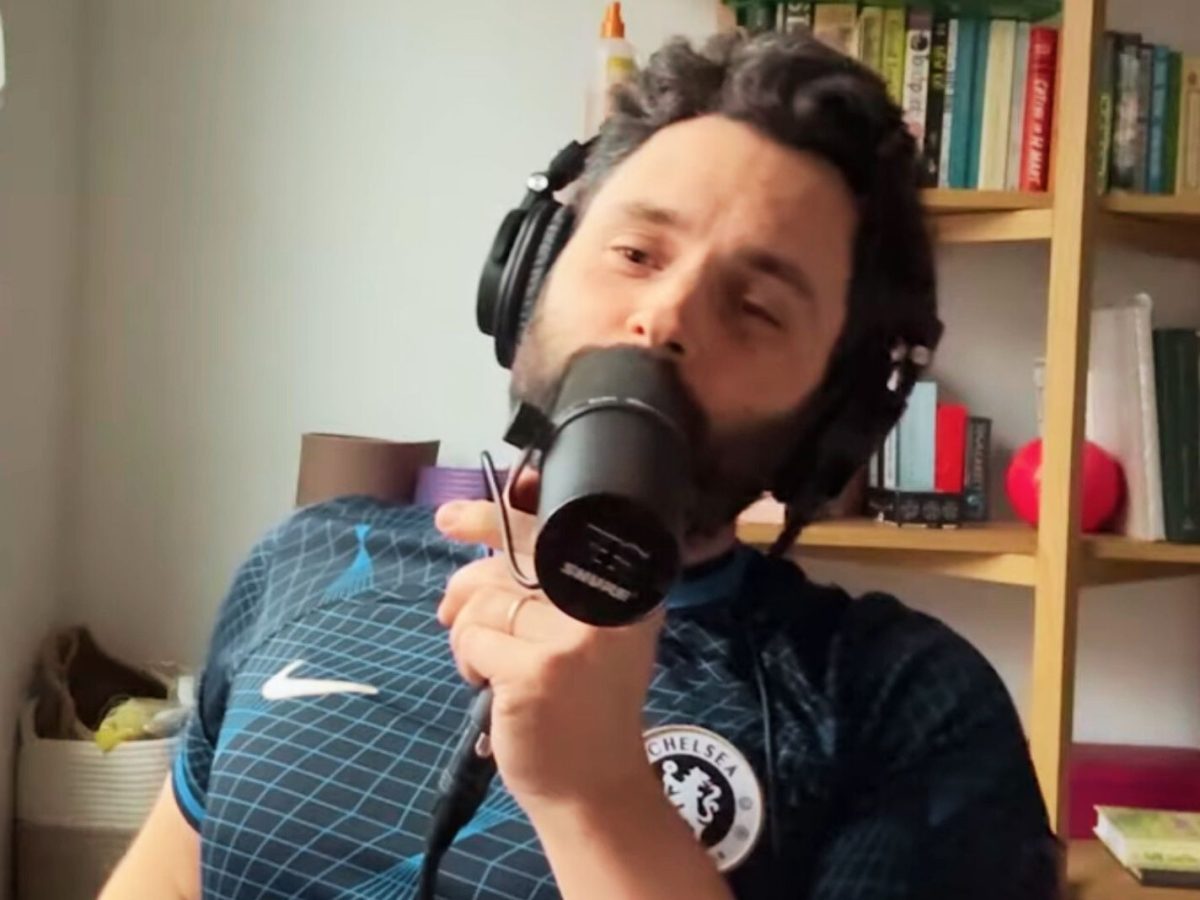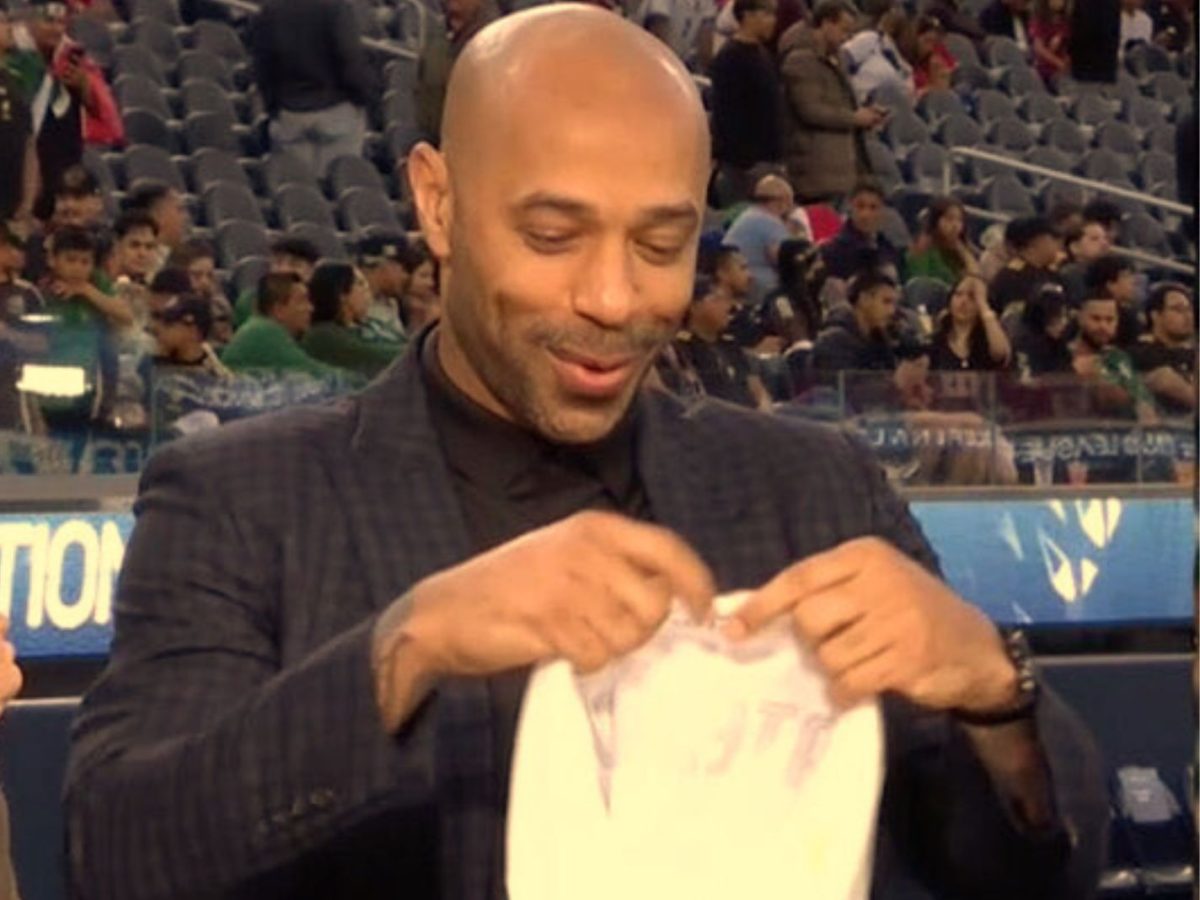Twitter, now called X, is still arguably the best place to get breaking transfer news online. Prominent users like Fabrizio Romano will post about “done deals” there long before the reports make the back pages of a newspaper.
In February 2024, however, Romano and others seemed to spend a lot of time reporting on boardroom transfers, particularly at Manchester United. The Red Devils ‘signed’ a new CEO, Omar Berrada, and spent weeks courting sporting director Dan Ashworth.
Even the team’s physio got transferred. It was a busy couple of months for the club, even if no new players arrived.
— Fabrizio Romano (@FabrizioRomano) February 26, 2024
Manchester United are prepared to continue talks with Newcastle in the next days to agree on compensation for Dan Ashworth.
Man United want Ashworth to be part of their project as soon as possible, INEOS will try again. pic.twitter.com/JT6yEh15yS
Twitter users, of course, had a laugh at the expense of United fans. ‘If only the club put this much effort into player transfers’ was the most common take.
Yet the flurry of activity that came at Old Trafford after Jim Ratcliffe took part ownership of the club underlined the importance of the boardroom’s influence on modern Premier League clubs.
If it’s not firing on all cylinders in the C-suite, it’s going to struggle on the pitch. This isn’t a new idea, certainly, fans have been signing “sack the board” on the terraces for pretty much as long as there have been football games.
But the moves of United and other clubs recently stress its importance to the modern football system.
Fans turn on the board
As mentioned, it’s not a new idea that the board matters. You can have a situation like Mike Ashley at Newcastle, where the owners make too many decisions themselves. Or back in the early 2000s at Leeds, where profligate spending from the board ruins the club.
Success on the pitch is not always a sign of content with the board: Celtic, winners of 11 of the last 12 Scottish Premiership titles, had fans signing sack the board in December.
But the difference today is not ownership alone, but the way the board and its appointments permeate through every aspect of the club.
The best example of successful board management can arguably be seen with United’s neighbours, Liverpool. After years of discontent under Tom Hicks and George Gillett, the Reds brought in Fenway Sports Group (FSG) in 2010.
Everything changed at the club. We are used to seeing Liverpool among the favourites in the Premier League odds at the beginning of each season – they top the table at the time of writing – but it took time for that to be the case. FSG was patient in changing the structures of Liverpool.
The club has changed CEOs a handful of times since FSG took over, but each worked within the confines of a system in place. When the Reds find a new manager to replace Jurgen Klopp, who is leaving at the end of the season, that system will be in place.
There is a coherency at Liverpool that comes from a chain of command and delegation throughout the club, ranging from sports science to training methods to transfers.
The new manager, whomever that turns out to be, will influence the direction of the team, but he will also enter into a system that has been refined over the last dozen years or so. It does not guarantee the new manager will be successful, but it will certainly help.
Manchester United’s new structure
If Liverpool’s board has been a well-oiled machine, then the only word to describe Manchester United’s is chaotic. We won’t provide a long list of grievances here, but it’s enough to say that there was an incoherence across the executive level that eventually worked its way down to the pitch.
Consider the transfer policy; what transfer policy some might say. Nobody knew who was ultimately in charge of it: Was it the managers? Executives like Ed Woodward? The Glazers? The litany of failures – Alexis Sanchez, Antony, Jadon Sancho, to name a few – is well known.
Perhaps more important was the reward of failure and mediocrity. Players like Anthony Martial would never have lasted at Liverpool or Manchester City.
When Omar Berrada joined United from Manchester City in late January, it emerged that he oversaw a policy of selling players who showed no signs of progress after two years; how many United players fit that bill?
At the moment, it is fun for fans of other clubs to laugh at United’s disarray, and it might take years to fix it. Getting the boardroom right does not guarantee success on the pitch, but the changes coming will give the manager the tools to do it.
We won’t speculate on whether current boss Erik Ten Hag will be there when Ratcliffe finalises his plans, but there will be a coherent structure for him or someone else to work with. That might be more impactful than any signings the club has made since the days of Sir Alex Ferguson.



